Content Writing and Marketing
What is Content Writing?
The act of developing, creating, and revising online material is known as content writing, and it is often done for digital marketing goals. Creating content for certain platforms, such as tweetstorms on Twitter or text posts on Reddit, may also involve authoring blog entries and articles, screenplays for films and podcasts, and blog posts.


What is Content Marketing?
Content marketing is making and sending relevant, useful content to current and potential customers, like blogs, newsletters, white papers, social media posts, emails, videos, and so on. When done right, this content shows that a company knows its stuff and cares about the people it sells to.
When you use content marketing on a regular basis, you build and keep relationships with your current and potential customers. When your audience sees your company as a partner who cares about their success and is a good source of advice and direction, they’re more likely to buy from you.
Why should you use content marketing?
It is true that there are other things you can do online besides Content Marketing.
- Because Content Marketing is the foundation of other Digital Marketing strategies and helps them work better.
- If you want to use social media marketing, you will need content that is useful. If you choose email marketing or corporate blogs, the same thing will happen: you will always need content.
- The world’s top experts all agree that content is king. You could teach people how to use your product or service to solve their problems or reach a few different goals using it.
- You have to remember that people today can choose what they want to watch or read. They are inundated with information, so if you want them to choose your brand, you should give them the best choices.
Which are the benefits of Content Marketing?
We’ve already talked about some of the benefits of content marketing, and we agree that this method could help your business grow. Now, we’ll go into more detail about each of the points we’ve made to show you how they work.
Attracts visitors and grows your site traffic
It’s hard to help people find your business online because there is so much information, but the content makes it easy to find, especially for search engines like Google.
The number of website visitors translates into the number of chances your company has to make a first impression, generate quality leads, share your brand, and forge relationships.


Creates value for your audience
The content you make and give to your customers isn’t just useful; it also sends the right message to the right people at the right time they need it. It will go above and beyond what you expect and make you an expert on that subject, which will be good for you and your audience.
Engages your audience
When you give your audience content that is interesting and useful, they will think it is so great that they will share it with their friends and followers. People will also interact with your content in other ways, such as by leaving comments and reactions.


Generates a positive brand perception
Content marketing helps your audience when they need it, and people are more likely to do business with brands they already know than with companies they don’t.
You should hold more focused meetings and conversations. Dedicated phone conversations or in-person encounters help relationships advance more than almost anything else.
Increases market awareness of your goods and services
Most people don’t even realize they have a problem that your product or service could solve. Content marketing can show people that you have a solution and explain how it works.
Marketing involves educating consumers about a product, especially for a novel or inventive products that don’t yet have an equivalent on the market. Customer education makes sure that they are aware of the advantages and worth of the product. It must be founded on knowledge of clients’ actual needs.
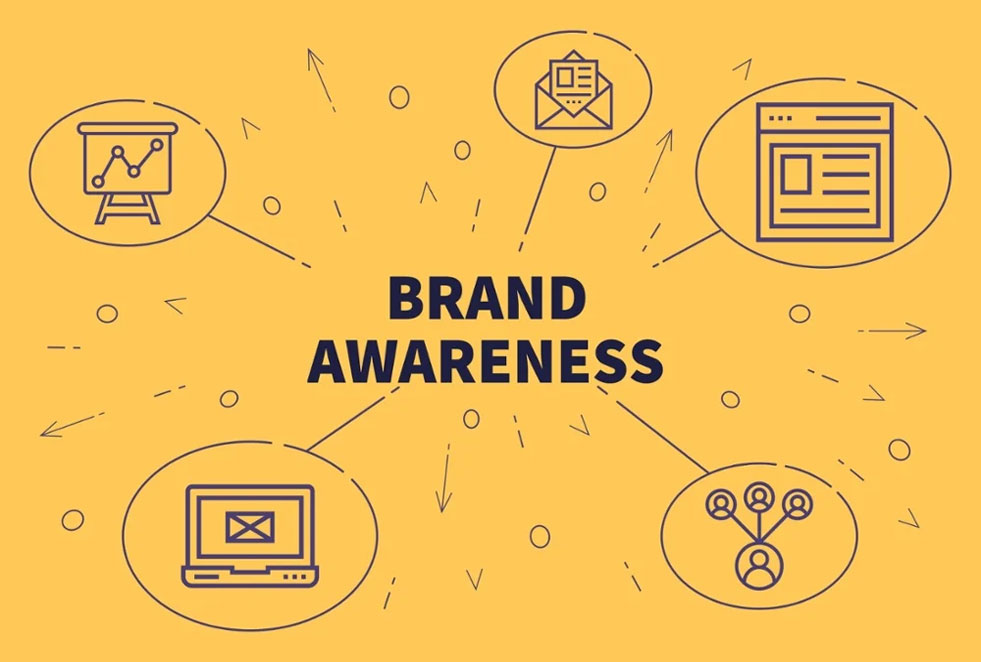

Drives sales to the next level
Sales are always the main goal, even if there is something else that is also important. Content marketing can be used at all stages of the buying process to keep your audience interested until they make their final choice. When you use Content Marketing, you get more coverage and reach more people, but you also reach the right people.
Generates more leads
The most important goal of a site or blog is to bring in new leads. It’s part of the plan to boost sales since each lead is a possible customer. A lead is a person who visits your blog or another content channel and fills out a form, giving you some information about himself. Even if you already have visitors to your site, you can turn them into leads by investing in Content Marketing and giving them something interesting that makes them want to leave useful information to close a deal.


Reduces customer acquisition cost
Customer Acquisition Cost (CAC) is a metric that shows how much money was spent on marketing and sales to get each new customer. Content marketing can have a lower CAC because one piece of content can reach a lot of people. Aside from that, most of the content that is made is “evergreen,” which means that its informational content will continue to bring in results for a long time. This also makes the content an asset of the company and makes it worth more.
Increases the client’s lifetime value
The customer’s total spending on your business is the lifetime value. It means that their lifetime value goes up the more they buy or the longer they are your customers. If you give your clients content that is useful to them, they will stay on your base longer. They will feel important if they think that your brand is still thinking about how to help them solve their problems, even after the deal is done.
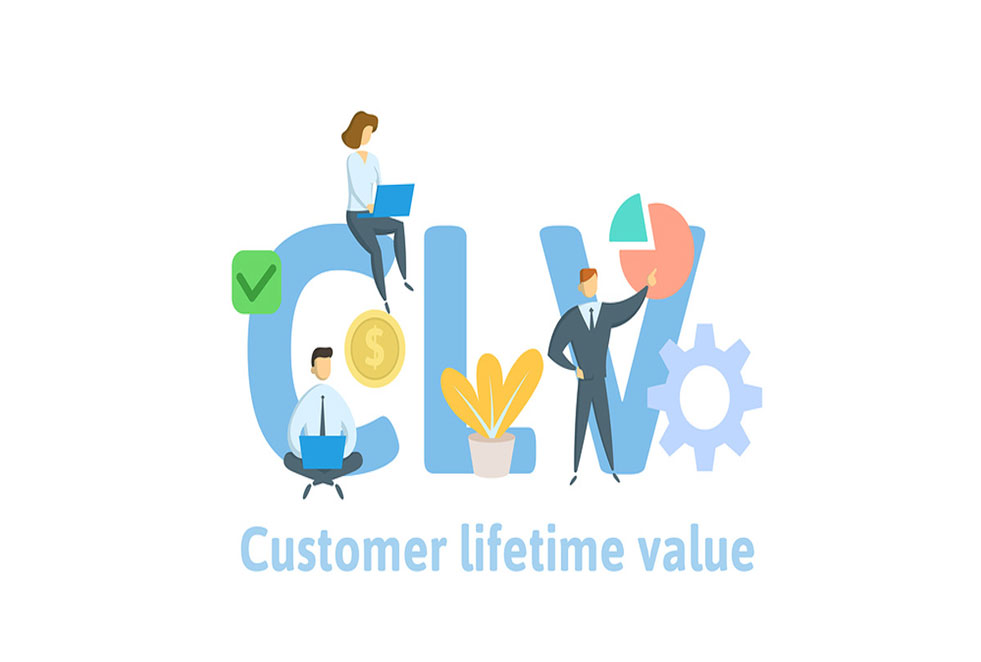
How to get started with content marketing?
Content marketing can be overwhelming, but it doesn’t have to be. A good content marketing campaign should be easy to run and last for a long time. Follow these steps to get going:

Identify your audience
To write for a certain reader, you need to know what their top priorities, biggest problems, and favorite topics are. If you can describe each of your segments in detail, pick 1 or 2 to write for. If not, you should make profiles of your audience and prospects before you start.

Follow what works best
The writing is clear and doesn’t use jargon that only you and your peers will understand. It should also tell people how to do things. The best content is short, useful, and easy to use.
Figure out how you’ll spread
Will you put content on your website, email it to people, or print it for an event? Start with “where” you think your audience is likely to be and choose formats that make sense. For example, it makes sense to email an article, post a checklist or worksheet on social media, and follow up a pitch with a buyer’s guide.

Figure out the best formats
The right format depends on where you are in the sales cycle when you are making the content. Another important thing to think about is what format will help you show the value the best. Some people will get a video, while others will get a list.

Choose a schedule that can be kept up
It’s easy to make a marketing plan for content that is too ambitious. Once you know who your target readers are and what formats they prefer, you can make a short-term plan (3-6 months) for how many content pieces you can make based on your budget and resources. Keep track of how long it takes you to make each piece of content so you can plan for that time.

Choose who will write, edit, and check the copy
People will judge your content based on how good it is, as they should. Find the right internal or external resource to do this work. Hire a professional proofreader to look over everything before it goes out the door. This is true no matter who made it.
What are content writing services?

Businesses may create material such as blog posts, online content, press releases, white papers, product descriptions, and more with the use of content writing services. Because there are more people online and there is a greater need for content production to help companies reach and engage consumers, these services have grown in popularity over the last ten years.
Many various types of content writing services are available. Some specialize in certain content kinds, such as blog postings, while others provide a broad variety of information, while yet others cater to particular sectors.
Why use a content writing service?
Working with a professional content writing service can help you make better content faster. The content that these companies make can help you get more traffic from search engines and keep your audience interested, which can help you become an authority in your field.
In addition, content writing services assist with concerns of size and timing. It is often simpler and might provide better outcomes to outsource content to a service provider than to create an internal content team. Particularly in the case of extensive content requirements However, leveraging a service may enable your content staff to do more.
Top 10 Writing Skills for Content
A content writer should have many skills and be creative and flexible. A beginner who wants to become a content writer will have to work hard, but it is possible with a lot of practice. To be a successful content writer, you need to know how to do these basic things.
Adaptability to different writing styles
Content writers need to be flexible because they have to change their tone and style of writing depending on the project. When writers are flexible, they can meet clients’ needs well. A writer might not always know much about a certain field or writing style. But they have to learn or forget things depending on what the job requires.


Strong research skills
Every content writer needs to be able to do research on their own based on what the client wants. Even if a writer is fluent, creative, and has a lot of styles, if the information they give isn’t well-researched, it will hurt the credibility of the content. So, a content writer needs to do good research and write clear, honest copy that is full of information.
Creating original and creative content
Even if a content writer isn’t an expert on the topic they’re given, the work they turn in should be original and unique. After doing thorough research, the writer should be able to turn what they’ve learned into original content that is informative, well-informed, and their own. Original content that is creative and different is more likely to get read than long, boring content that isn’t original.


Good understanding of SEO
Content writers come from a variety of backgrounds, such as public relations, journalism, literature, etc.
But if you want to use your love of writing to make a living as a digital content writer, you need to know about SEO.
Organization skills
One important soft skill for a content writer to have is the ability to keep things organized. Here, organization means a lot more than putting books in alphabetical order or putting things in a neat pile on your desk. It’s about keeping track of your deadlines when you have a lot of work to do or want to stay on top of things at work and at home. You can set up calendar alerts on your smartphone, which is a great way to remember when things are due.

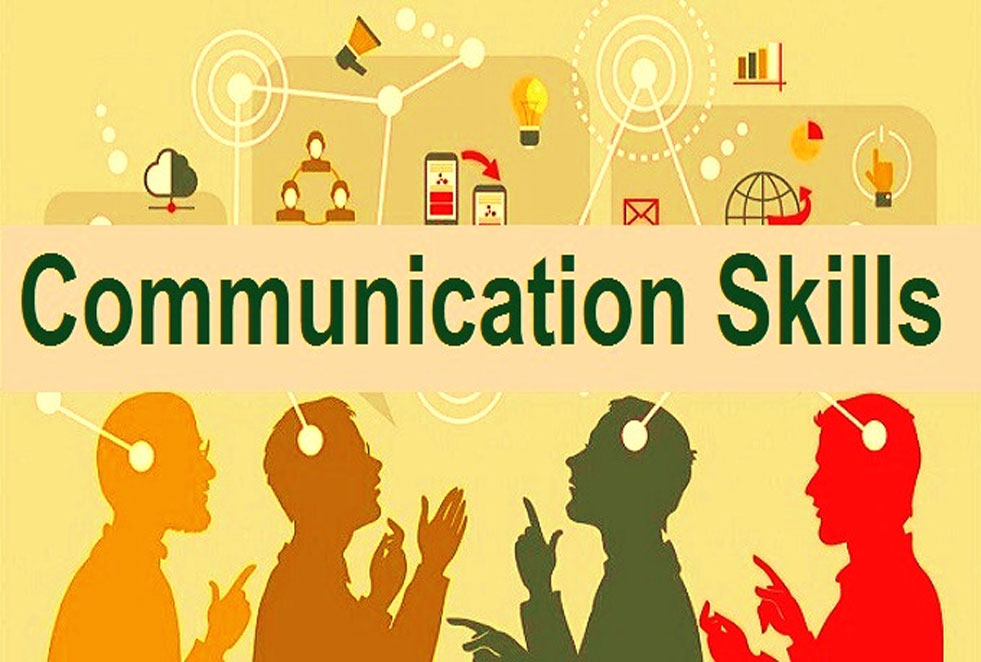
Communication skills
Content writing is built on skills like knowing basic grammar, writing correct sentences, and doing research. But these are the most basic skills.
To become a good writer, you need to do a lot more than write correct sentences and meet the word count.
Understanding of social media
Content writers can use social media to show off their work in a great way. Millions of people use it, and its fans come from all over the world.
So putting content in the right places can bring in more readers and make people talk about the brand. Also, social media is a great place to look for story ideas if you’re stuck.

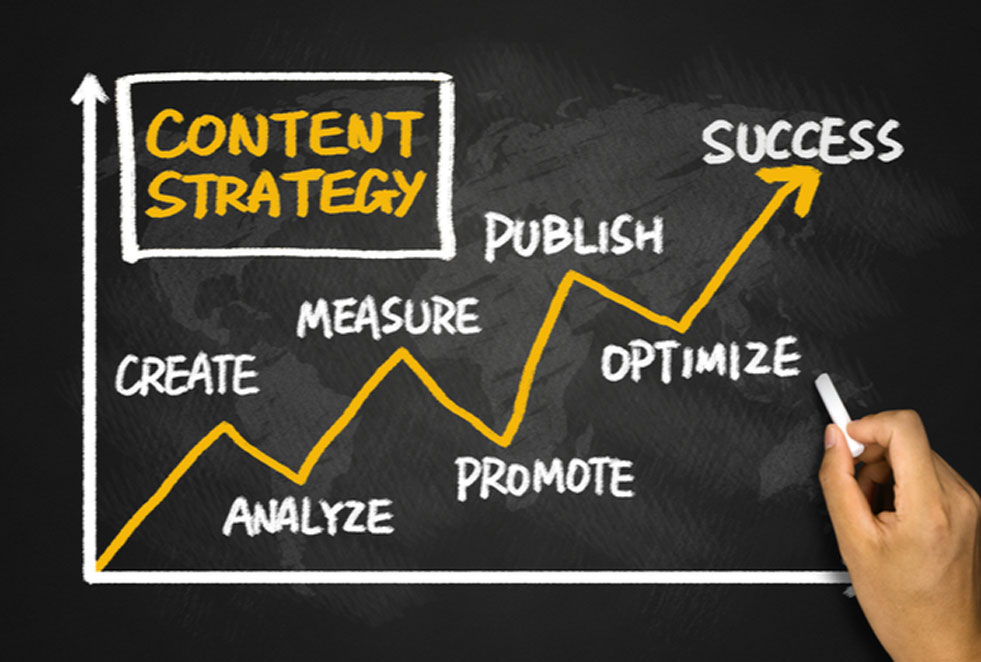
Creating a content strategy
A content writer needs to be able to think strategically. Your content should combine a big-picture way of thinking with a closer look at details.
Every piece of content should be made with the larger goal in mind, which is the audience.
Knowing the brand voice
Learn more about the brand so that you can write in its voice. Creating good content is easier when you know the brand’s value and voice.
The personality of your brand, or brand voice, is how you stand out from the competition. No matter which teams are in charge of which channels, it must remain constant throughout all of your communications (social media, website, blog posts, emails, and adverts).
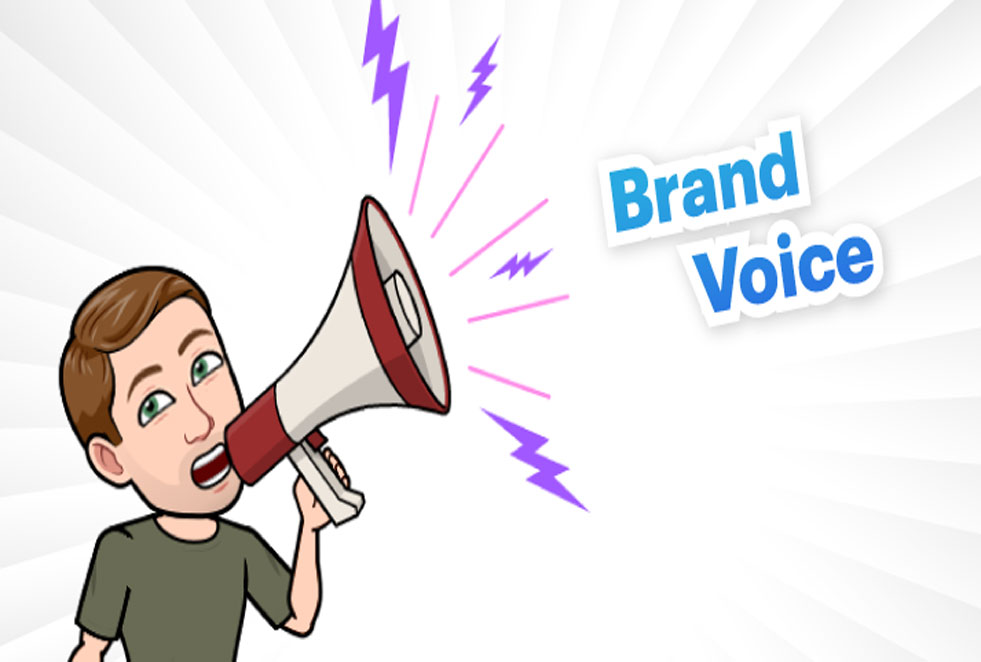
Advantages of content marketing
Support your other marketing tactics
Good content is important for the success of a lot of other marketing strategies, like SEO, social media, and public relations.
Keep costs down
There are no costs for placing ads in the media, and most of the work can be done in-house. This means that you can spend less.
Increase traffic and conversions
People will visit your website more often if it has good content. Once they’re on your site, you can try to get them to sign up or buy something.
Build brand awareness, trust, and loyalty
When people read your content, they will start to think about your brand. By putting out content that is well-researched and full of useful information, your business will be seen as reliable and authoritative. The more people depend on you for information, the more likely they are to buy something from you. Check out how to brand your business.
Reach a potential ad-averse audience
If you use content instead of traditional advertising, you may be able to reach potential customers who use software to block ads or who actively avoid or ignore traditional advertising.
Disadvantages of content marketing
Skills and resources
Marketing with content can take a lot of time. You have to make content, share it on all of your marketing channels, and look at how it did. For some types of content, like infographics and videos, you may need to hire someone else or learn how to do it yourself.
Finding content ideas
This will get easier as you go along and can look back at how things have changed. Ideas for content can be created in a variety of ways. You may use tools, follow industry news, look up and respond to frequently asked questions about your industry, and more.
Evaluation
It’s not hard to figure out how well your content marketing is bringing people to your website and getting them to buy something. It can be hard to tell how your content affects the reputation, awareness, and loyalty of your brand.
Bringing them together
- If you want to do content marketing and writing well, you should do them together. As long as you know what each one is for, you won’t have any trouble joining forces.
- It’s like putting peanut butter and chocolate together. They’re good on their own, but when you put them together, you get something even better.
- A content marketing agency can make a good piece of content for your business. But if you don’t have an interesting headline, you’re not giving people a reason to click on your article. Here’s where a company that writes content comes in.
- On the other hand, your audience won’t enjoy your content if it just sounds like an advertisement. Hire a content marketing service to make content that is useful and easy to understand.
- Content writing and services for marketing content work well together. When this is done, the end result will be a piece of content that gives readers something of value while turning them into customers.
FAQs
Services like writing blogs for websites, web content, marketing materials, white papers, research articles, proofreading, infographic content, social media content, press releases, product descriptions, and copywriting are provided by organizations, businesses, or groups of writers known as content writing services.
Writing content is the process of making written content that helps you reach your content marketing goals. The goal of a content writer is to make useful, high-quality content that a content marketer can use as part of their content marketing strategy. Because of this, content writing depends on content marketing.
Content marketing is great because it can be used for more than one thing. Creating content could help your brand in a number of ways, depending on your goals and the type of content you make.
The right mix of content for each business is different, but most brands think about a few key types. Most blog posts and articles are around 1,000 words long and explain how and why people should use your product or service. Case studies, white papers, and eBooks are much longer than other types of content, and they often include original research about your industry.
To put it all together, content writing is the process of putting a content marketing idea into action by making content for websites, blogs, social media, and other marketing materials. Content marketing, on the other hand, is a comprehensive plan for using content to get more leads and make more sales.
If you choose to be a content writer for a living, you will have a lot of great opportunities. At the same time, the market is getting more and more interested in content writing.
Content marketing, a marketing strategy that makes use of topical articles, videos, podcasts, and other materials, may be used to draw in, engage, and keep an audience. This tactic shows off your knowledge promote brand recognition and keeps your business in clients’ minds whenever they need to buy what you sell.
No matter how you go about it, building a brand is hard. But with content marketing, you can create a consistent voice that makes you stand out from the rest.
Content marketing is one of the most easy-to-scale skills you can learn. Commercials and ads can’t be bid on. You can grow your money with as little as possible if you want to. You can also speed up when you’re ready.
Content writing is the process of making online marketing content. With content, a business can get leads and build good relationships with its audience, which moves people further down the sales funnel. 87 percent of marketers use content to guide their prospects through the different stages of the buyer journey.



